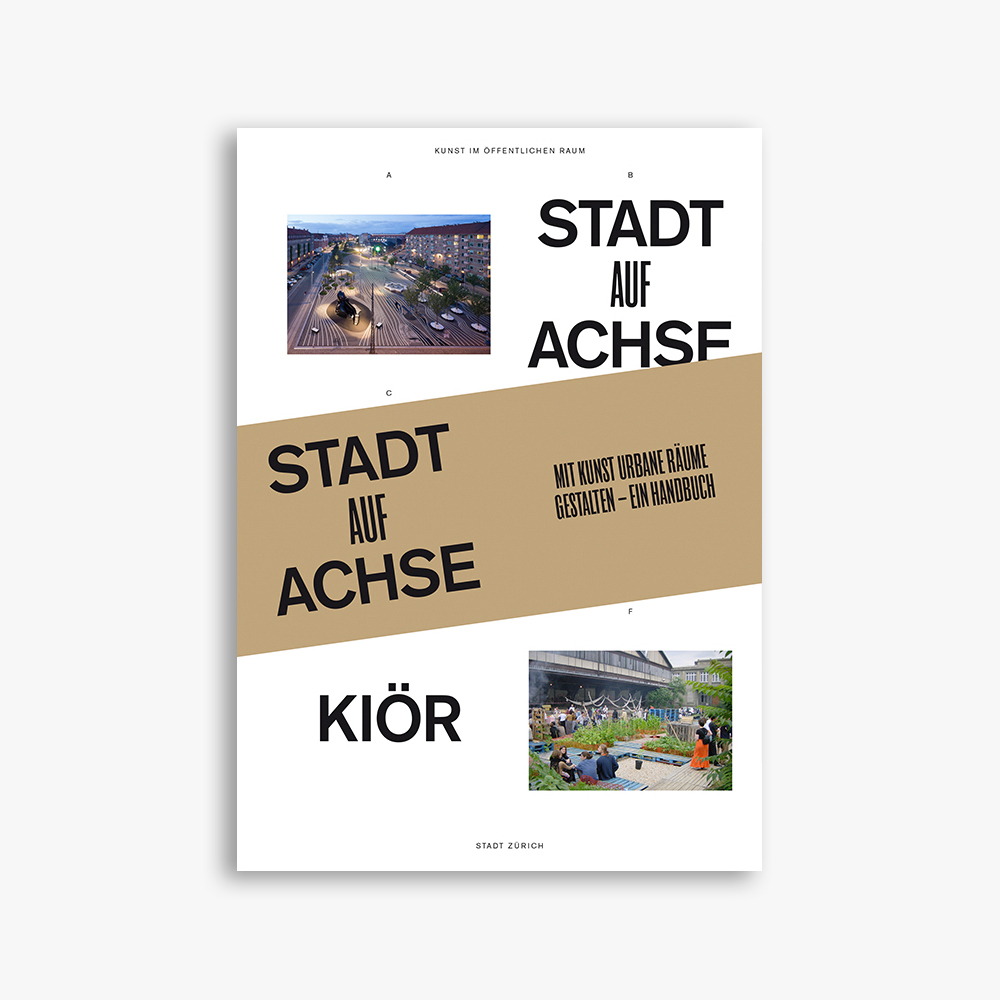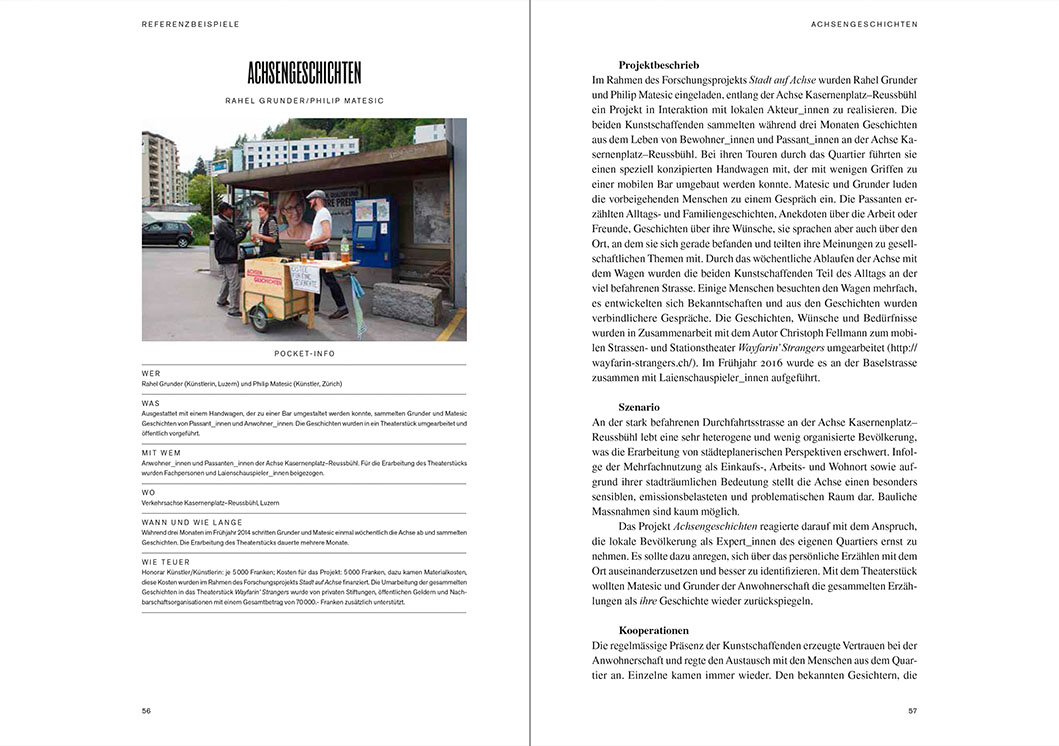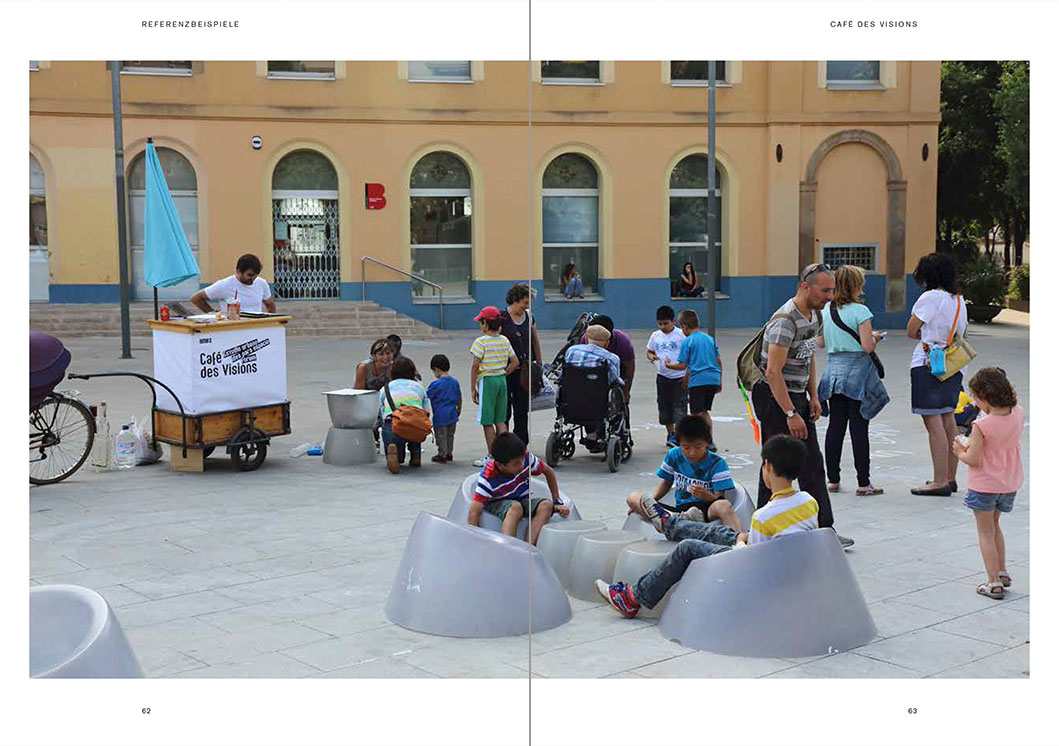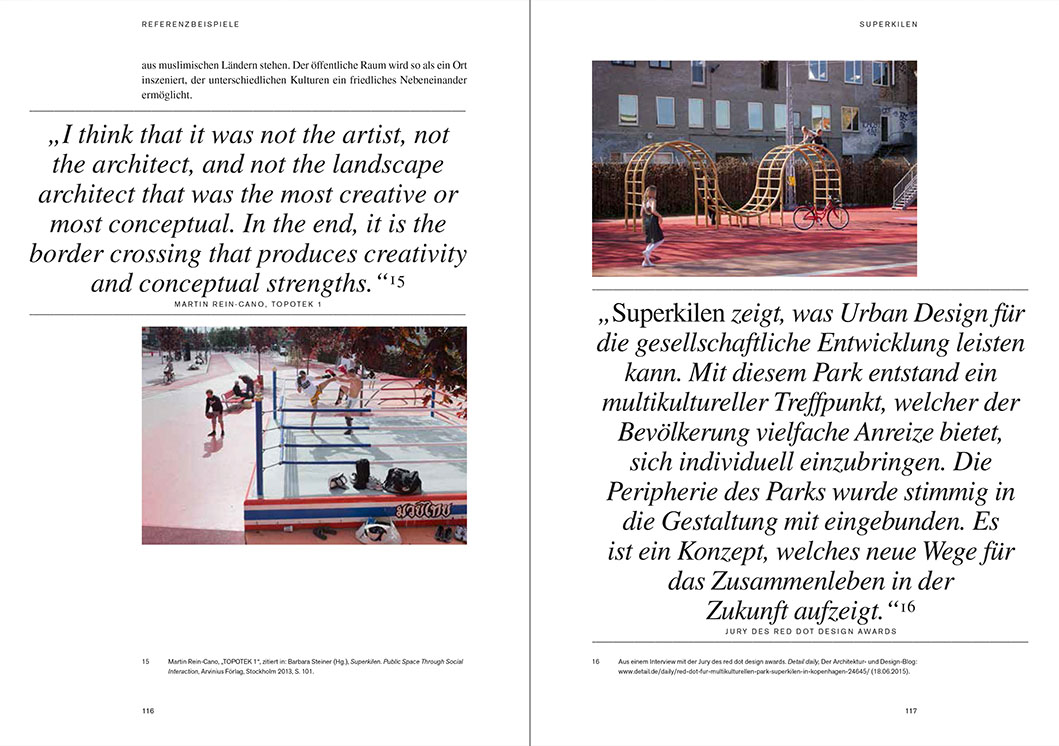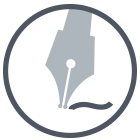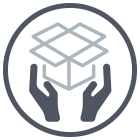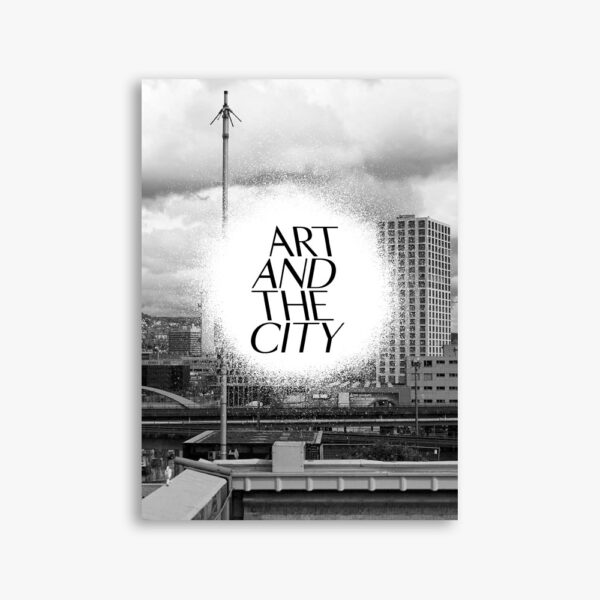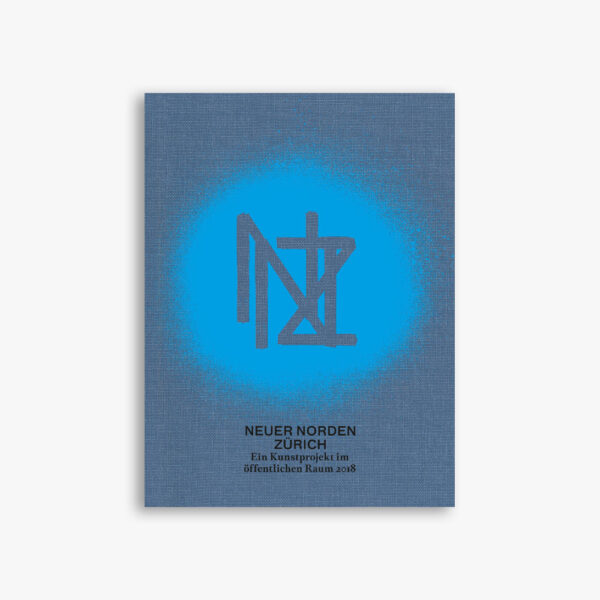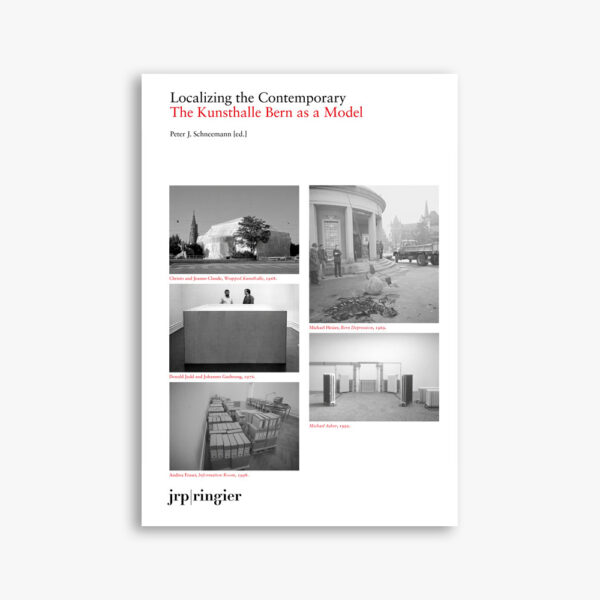A manual
Since the turn of the millennium, Zurich has been undergoing a radical urban transformation: former industrial areas have been transformed into residential neighborhoods in order to accommodate the growing population. In 2006 Zurich’s City Council founded a strategic committee to establish a public art program related to the city’s development. The Arbeitsgruppe für Kunst im öffentlichen Raum (Working Group for Public Art) has established many projects and initiatives and, among others, in 2011 it launched a research project to discuss the different forms that public art can take. With the support of the Federal Commission for Technology and Innovation (CT), a unique collaborative think tank drawn from the Lucerne School of Art Design, the Zurich University of the Arts, the City of Zurich, the City of Lucerne, and Heller Enterprise, as well as young Swiss artists, explored various ideas.
This volume offers support to communal public art projects by proposing guidelines for good practice, and functions as a manual on how to plan, launch, finance, realize, document, and evaluate a project. Reference examples document the research process and illustrate artists’ proposals: projects such as Superkilen, Ecobox, Quatschmobil, and The Center for Urban Pedagogy, located in Zurich and Lucerne, as well as abroad, are presented in detail to give insight in the circumstances, the specific features of the public space in which the project took place, which groups were addressed and involved, whether the project succeeded, and the public’s feedback. The publication offers a global catalogue of public art projects realized in the recent years, as well as an extensive bibliography on this major area of contemporary urban planning.
This book is the fourth volume of a series started in 2011, and is published with the City of Zurich (AG KiöR), Heller Enterprises, Institut für Gegenwartskunst (ZHdK), and with the City of Lucerne, Hochschule Luzern – Design & Kunst.
